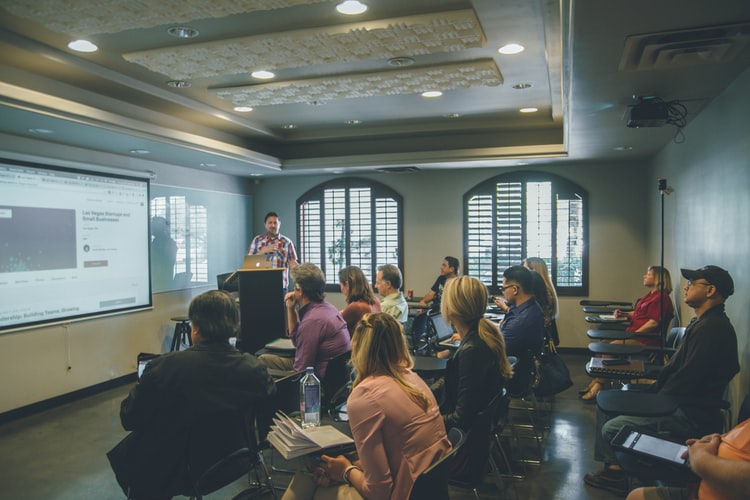Choosing A-Levels is an important choice that will impact your last two years of school study and the University courses you will be eligible for. If the gravity of this choice is weighing on you, here are some tips to steady your nerves and make the best choice. Each of these tips will ask you to write down some answers.
1. Brainstorming
Start by writing down 7 subjects that interest you and why. It can be easy to second guess choices and be influenced by other people. Firstly, remember these choices are about you. You will be the one studying, sitting exams and going to University off the back of these choices.
You must honour what you want and by doing this you will always have a sound level of peace with your decision. Take some time to think and write down initial thoughts and why’s. Revisit these with time in between in order to reflect on your true wants.
2: Assessing your GCSE subjects
You may find that you have some clear favourites to carry on with to A-Level. Here are some things to ask yourself, write down your answers!
- What school days do I tend to look forward to? This may be a day loaded with your favourite subjects.
- What subjects do I get the best grades in? It is common to perform best in the subjects you enjoy the most.
- What subject do I seem to raise my hand more in? You may find you participate more actively in this class because you enjoy it.
3. Assessing new subjects
You will likely be offered A-Levels you weren’t able to select at GCSE, for example, psychology or economics. These subjects can be amazing and in my school year had the most sign-ups. New subjects offer a level of intrigue but make sure you’ve read up on the topic to know what you’re getting into.
Try don’t get caught up with signing up for a new class just because it’s new, or because all your friends are taking it. If you’ve done some background reading and the subject excites you, go for it! Remember, these choices are uniquely for you.
Write down answers to these questions to assess a new subject:
- Why does this new subject interest me?
- What 3 things have I learned from researching this subject?
- Why am I excited or intrigued about these 3 things?
4. Choices for University
Hopefully after reading some of the tips above and taking time to reflect you have a few choices in mind. It is practical to think about how these choices come together and what you might be interested in at University. Some subjects are considered to be ‘facilitating subjects’, as they open up more options. This includes:
Luckily, you will have likely covered all of these at GCSE level and therefore will know what is a yes, a maybe and a firm no.
Write this subject list down and add a yes, no or maybe.
However, if you are unsure what you want to study at University taking one or two of these can take some pressure off and keep things ‘open’.
If you do know what you might want to study, it’s time to do some research. University courses will have specific A-Level requirements or ‘preferred’ A-Levels. You may find the few courses you were thinking of even have the same preferred A-Levels.
5. Final decisions
Once you’ve answered these questions, take at a few weeks away from the topic. You can re-read your responses and add extra notes. Write down answers to these questions:
- What parts made me feel the most excited when re-reading my notes?
- What actions do I want to take to make this plan a reality?
If you feel confused at any point you can begin the whole process again without reading your last responses, then compare them when you’re done.
It is important to enjoy this time. You are making independent choices and should be proud of yourself. University and career options can seem overwhelming, but there are so many options that each individual can find their space to thrive.
By Emily G, 1 to 1 A level mentor. Need helping in choosing A level options? Contact us.




